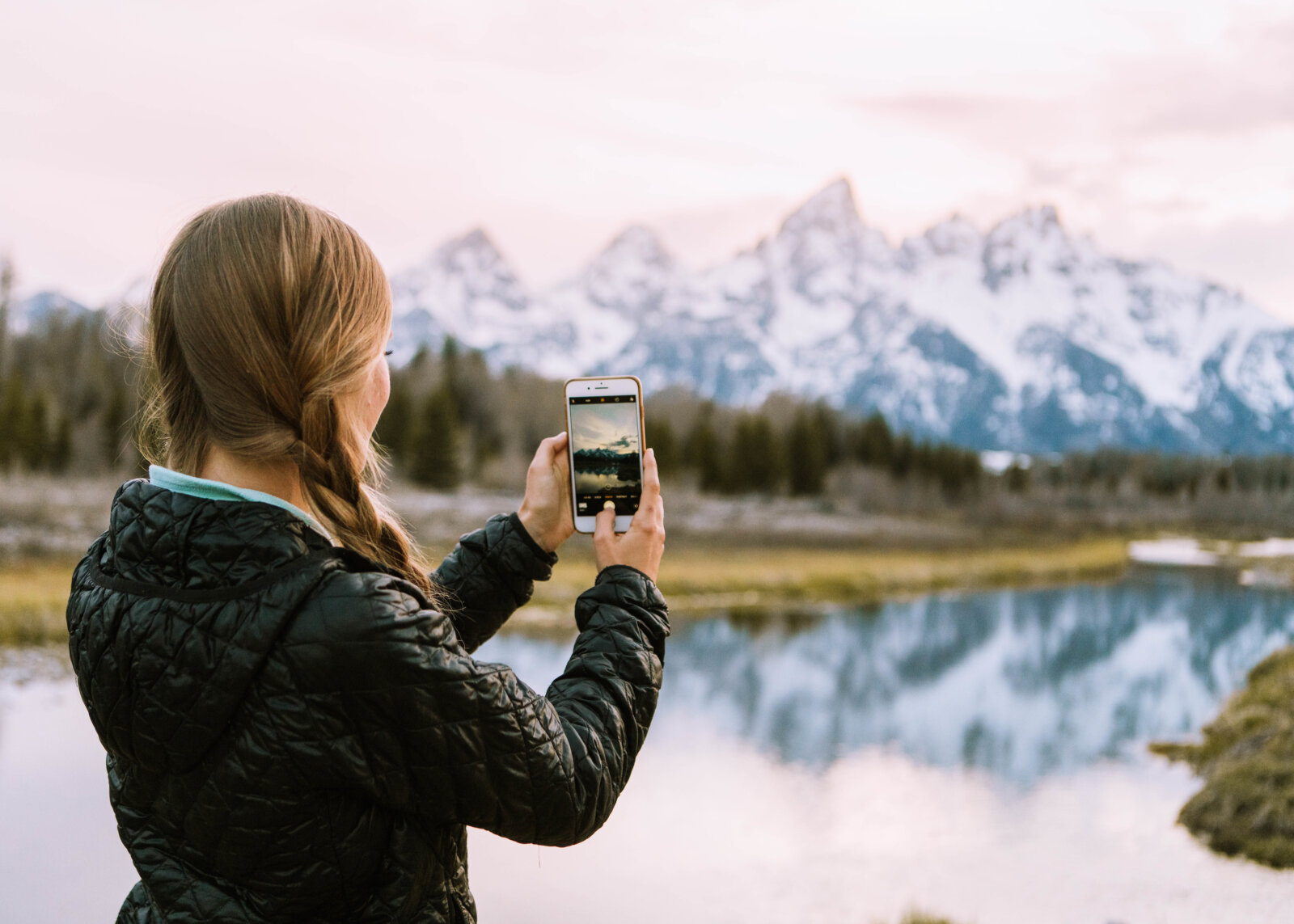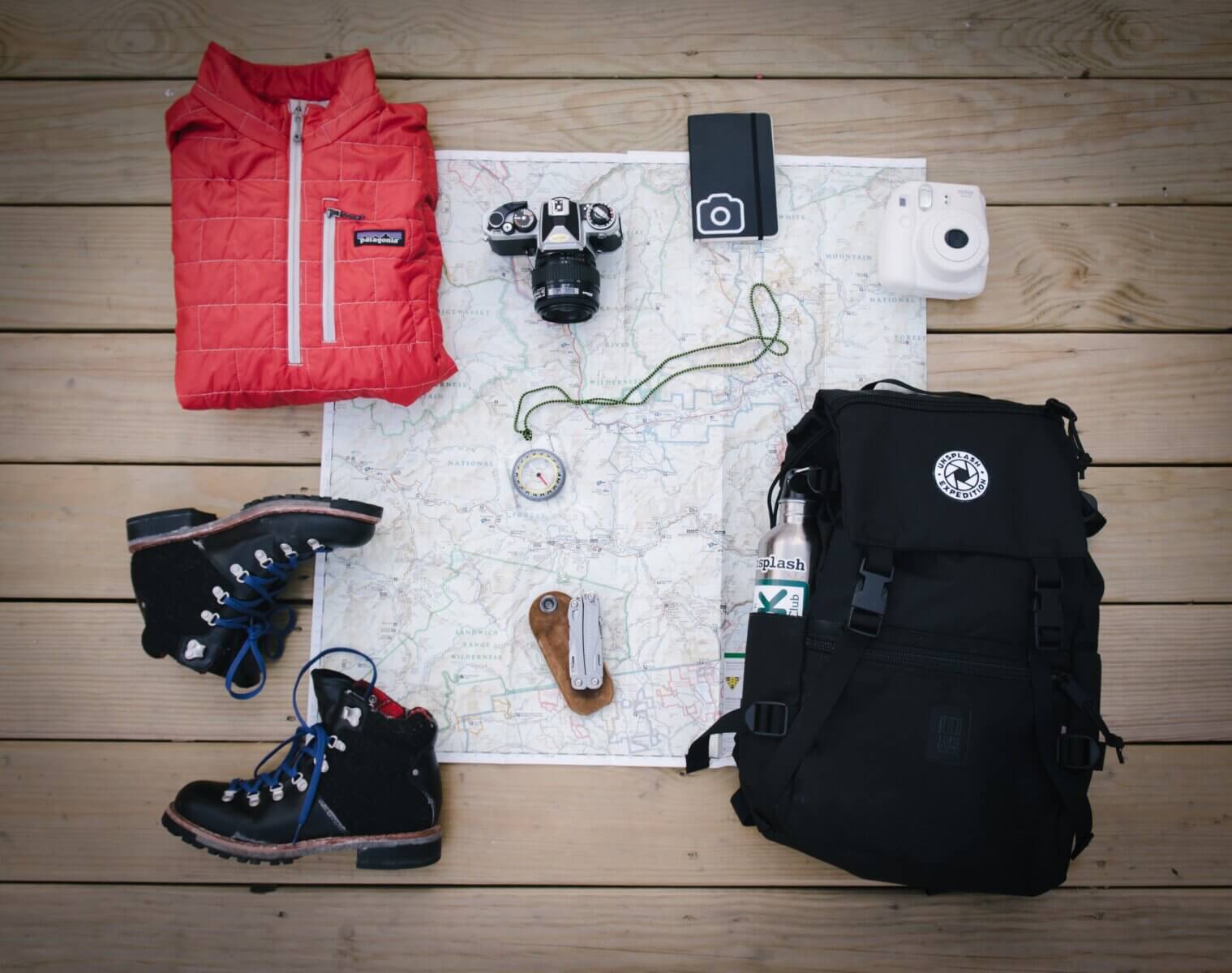High-Altitude Visitation
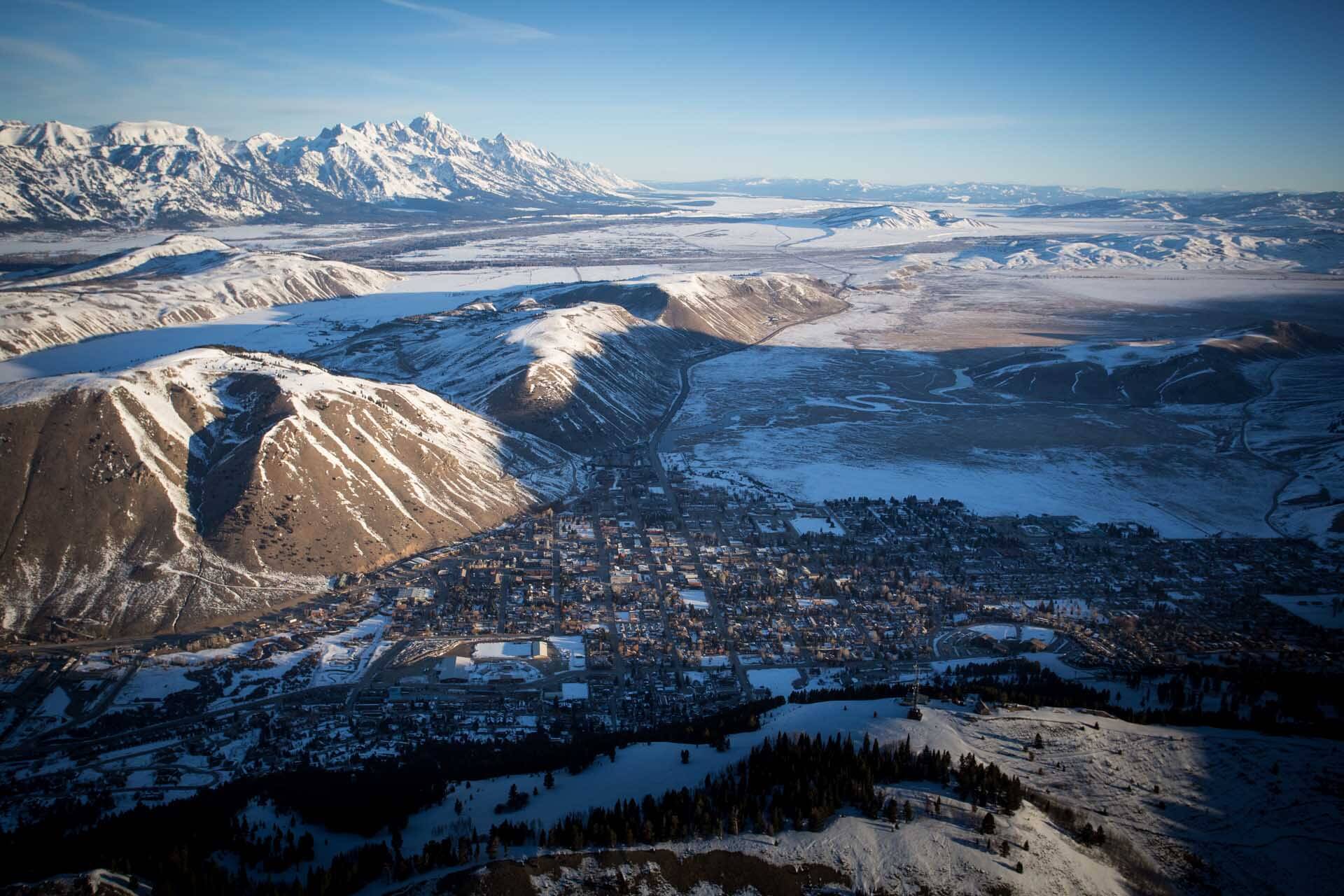
Prepare to enjoy elevated adventures.
Whether you're a seasoned traveler or a first-time visitor, it's important to be prepared for the high-altitude conditions in Jackson Hole.
By doing so, you’ll ensure that your trip is safe and enjoyable, allowing you to fully experience all the region has to offer.
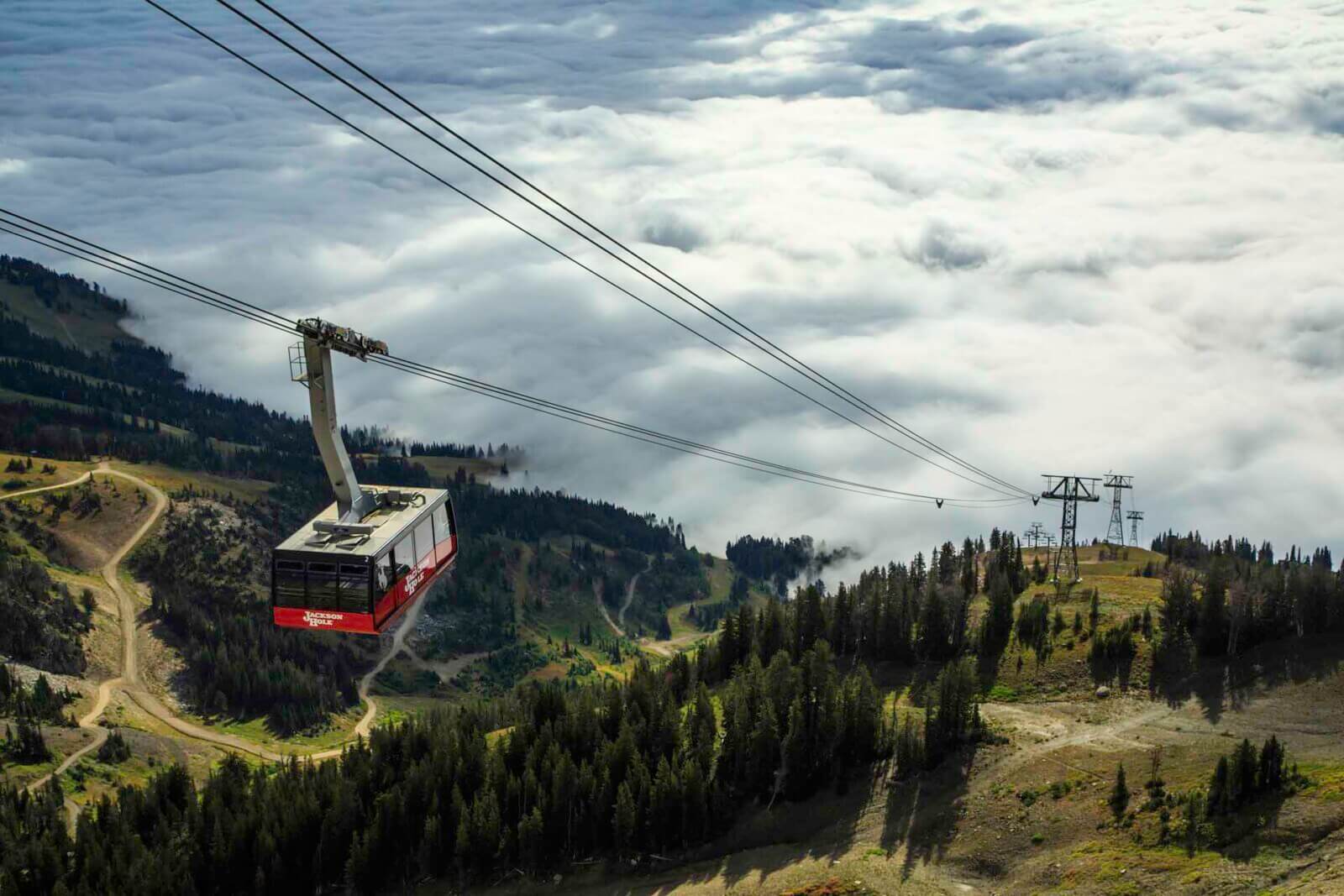
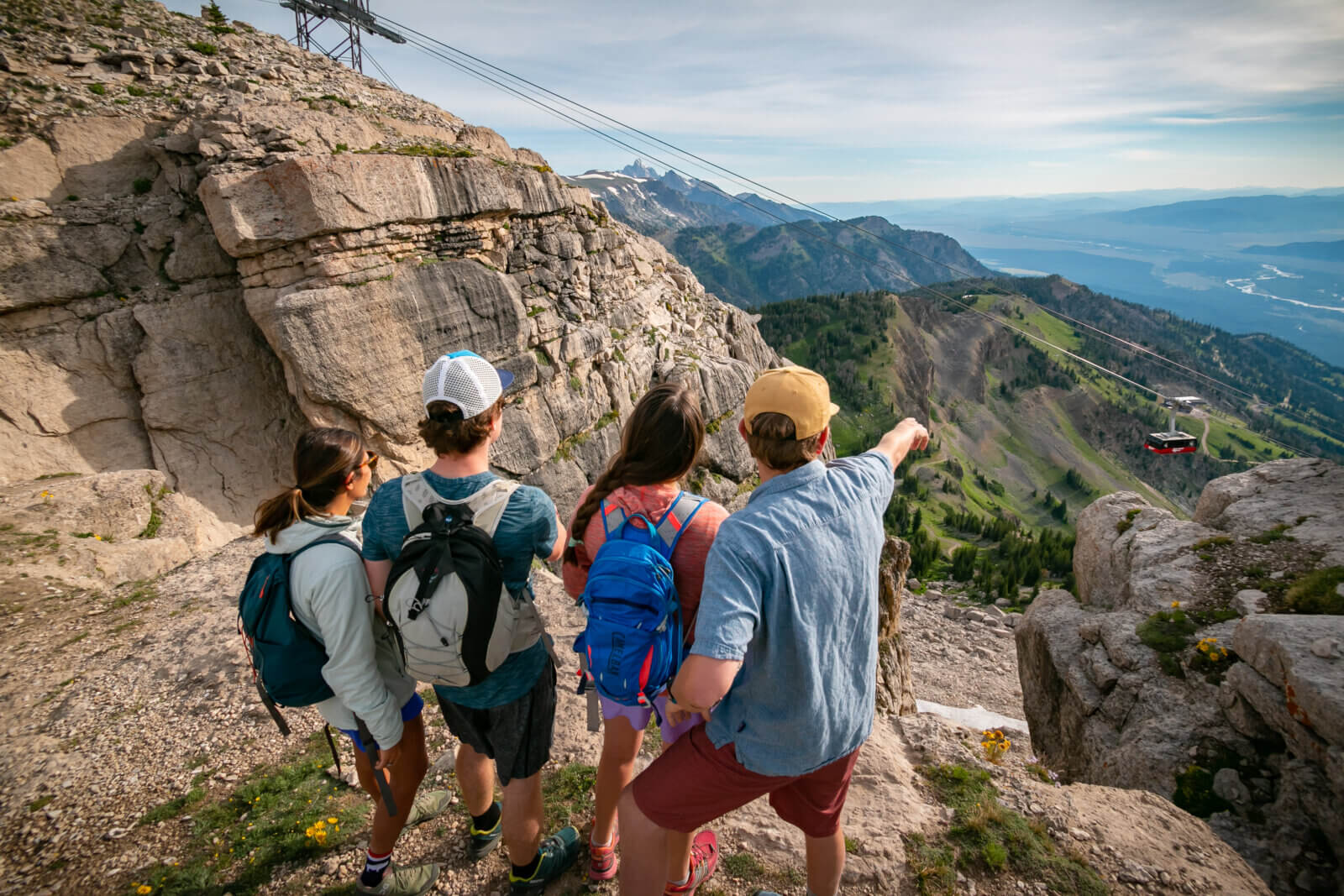
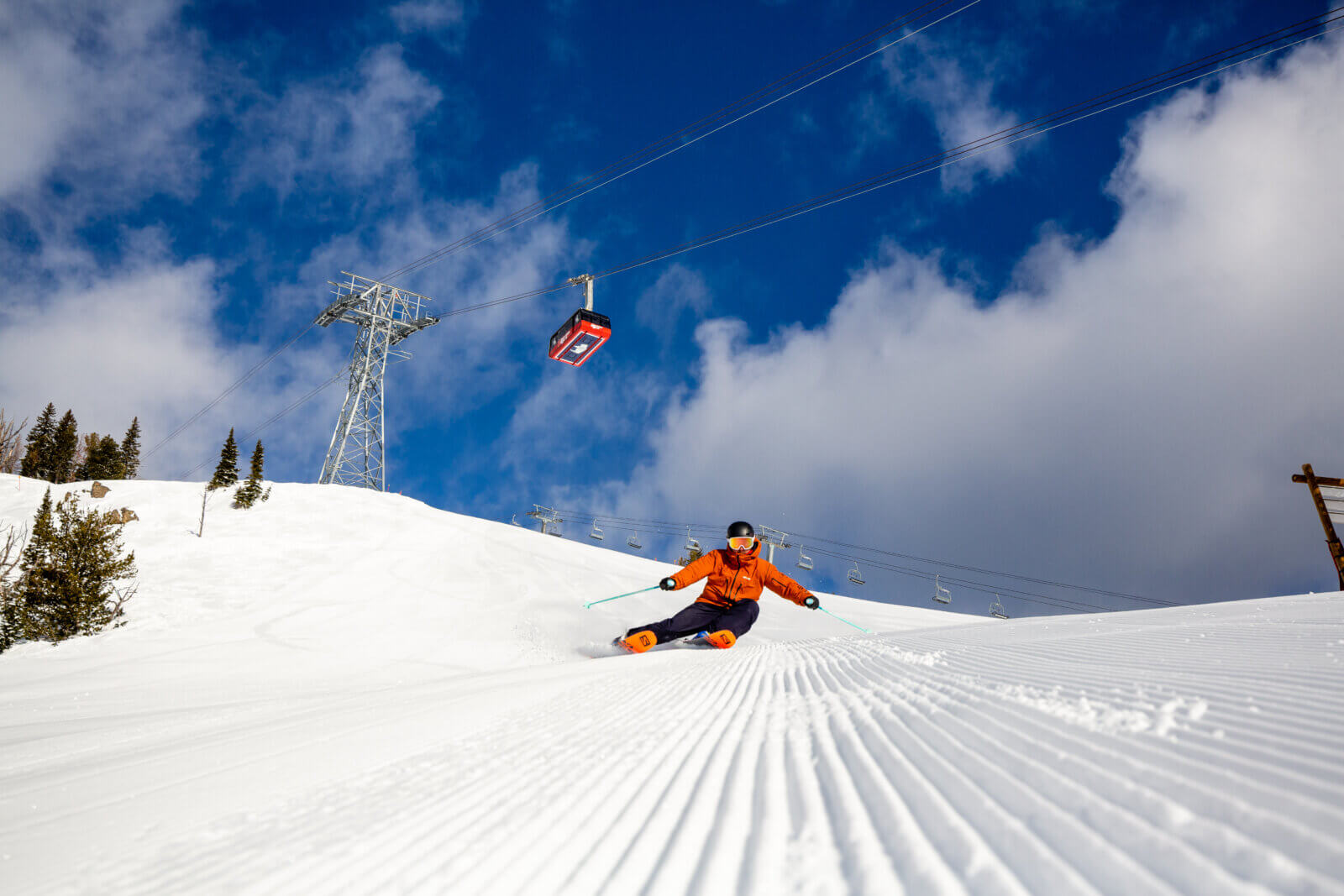
The town of Jackson sits at 6,237 feet above sea level, with the surrounding mountains reaching heights up to 13,775 feet.
This can lead to altitude sickness, a mild condition that occurs when the body doesn’t get enough oxygen due to decreased air pressure at high altitudes. Altitude sickness can cause a wide range of symptoms, including:
- Headaches
- Nausea
- Fatigue
- Dizzines
- Shortness of breath.
- In rare cases, it can lead to more severe complications such as pulmonary edema or cerebral edema.
To avoid altitude sickness.
- Plan a loose itinerary that gives you a few days to acclimate to the altitude before engaging in any strenuous activities.
- Avoiding alcohol and caffeine, since they can dehydrate the body and exacerbate altitude sickness symptoms.
- Drink plenty of water from the moment you arrive (a minimum of 1-1.5 extra liters of water beyond what you normally drink at altitude)
- Resting and hydrating to help alleviate mild symptoms during exertion.
Symptoms usually come on within 12 to 24 hours of reaching a higher elevation and then subside within a day or two as your body adjusts to the change. Remember that being higher in elevation means snow may stick around longer (even into July), the weather is more variable (so always be prepared with layers), and you’re closer to the sun (meaning sunscreen is a must in all seasons and conditions).
